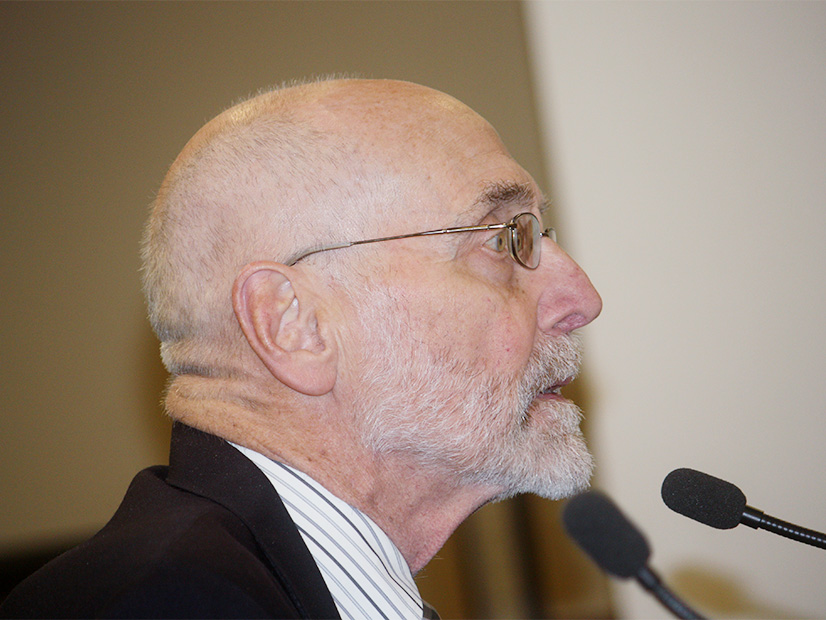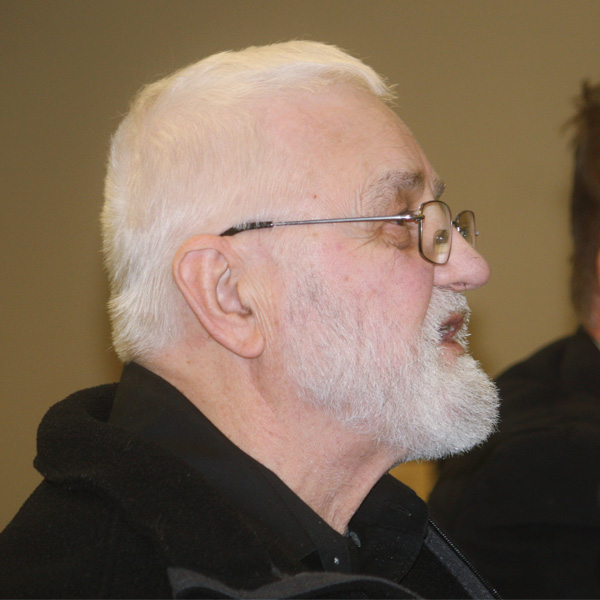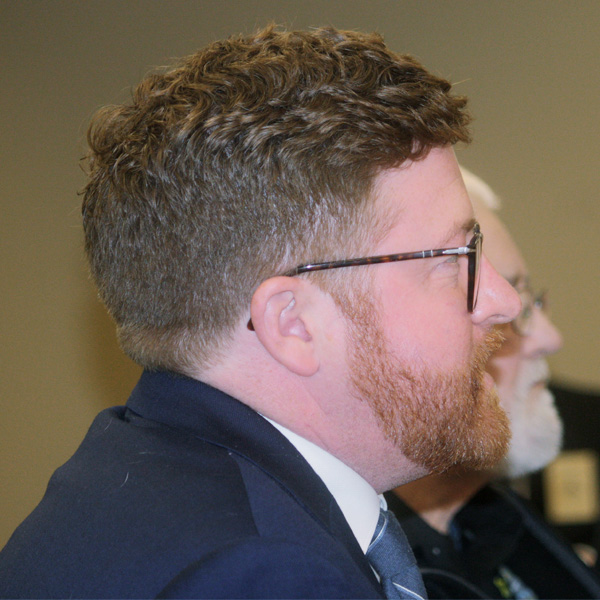OLYMPIA, Wash. — A Washington lawmaker has introduced a bill to authorize a study to gauge the ecological impacts of offshore wind projects along the state’s coastline.
House Bill 2341 by Rep. Larry Springer (D) calls on the University of Washington School of Oceanography to study how the installation of OSW turbines would affect the fish, invertebrates, mammals and plant life that constitute the marine ecosystem near the coast. The report would be due to the governor’s office and Legislature by June 30, 2026.
West Coast OSW development efforts currently focus on the waters off California and Oregon. And while there are no active government efforts targeting the Pacific Ocean off Washington’s coast, the U.S. Bureau of Ocean Energy Management has received two unsolicited proposals for the area.
In October, Gov. Jay Inslee (D) announced the beginning of a public-private partnership to develop an OSW industry in Washington, even to support out-of-state projects. The effort will have state agencies, ports, manufacturers and business associations meet to identify supply chain issues and map out approaches and goals for such a venture. (See Wash. Looks to Become Supplier to West Coast OSW Efforts.)
“The issue for me is that we simply get it right,” Springer said during a Jan. 19 hearing on his bill before the Washington House Agriculture and Natural Resources Committee.
The proposed study would look at whether offshore turbines attract or repel fish and marine life. It would also study the effects of construction and operations on water cloudiness, noisiness, vibrations, thermal patterns and electromagnetic fields.
It also would examine how turbines affect upwelling, which occurs when winds blow parallel to a coastline. The effect pushes surface waters offshore and brings up colder water from the deep to replace the surface water that was pushed away. The deeper water is rich in nutrients that encourage the growth of plants such as phytoplankton, a key part of the ocean’s food chain. Fish concentrate where upwelling occurs.
Committee member Rep. Debra Lekanoff (D) wondered how turbines would interact with oil tankers along the coast.
Four people testified in favor of Springer’s bill at the hearing. No one opposed. It.
“Whales do whale stuff. Crabs do crab stuff. The tuna — it just all explores. … Does it matter if we develop closer to the shore or farther from the shore?” former Democratic state Rep. Brian Blake said.
“We need science so we can develop a no-harm solution,” said Dale Beasley, speaking on behalf of the Coalition of Coastal Fisheries and the Columbia River Crab Fisherman’s Association.
Eric ffitch, executive director of the Washington Public Ports Association, also spoke in support of the bill.
Stephanie Harrington, associate dean for administration for the University of Washington’s College of the Environment, which contains the oceanography school, said her department is willing and able to tackle the study.





